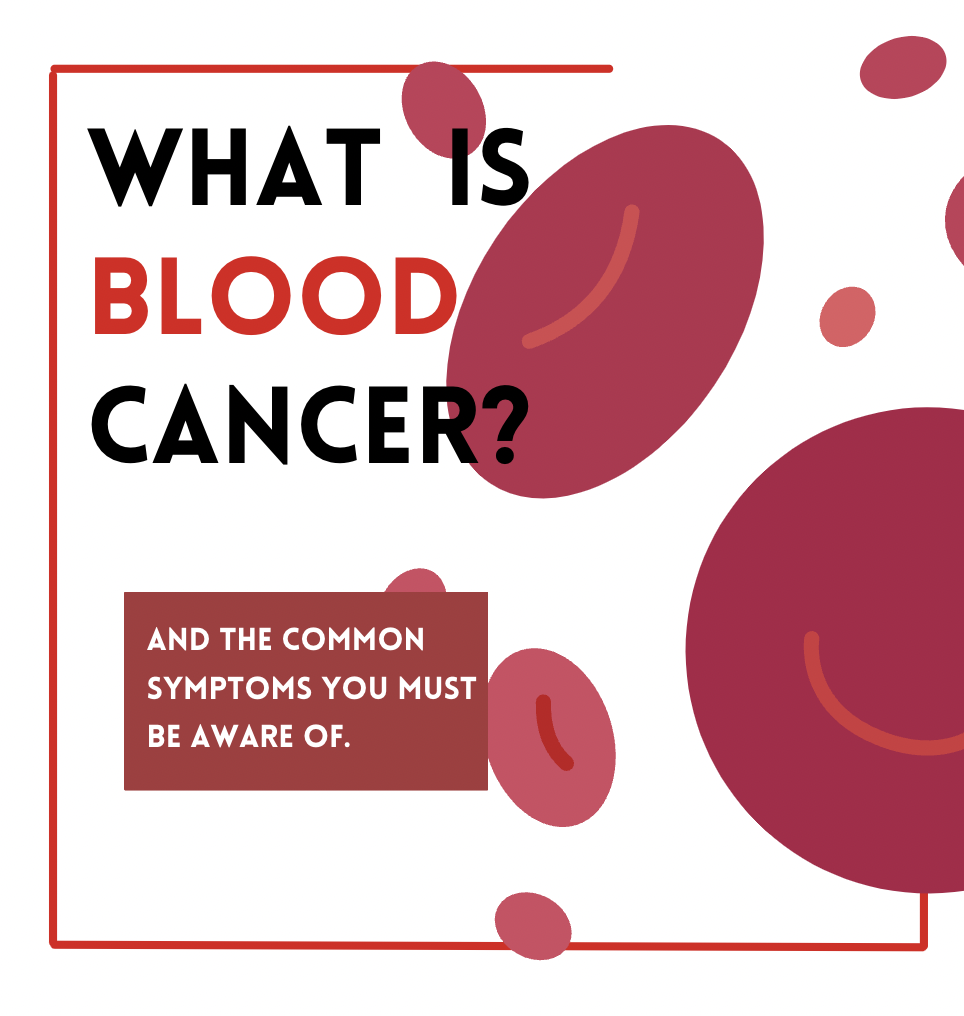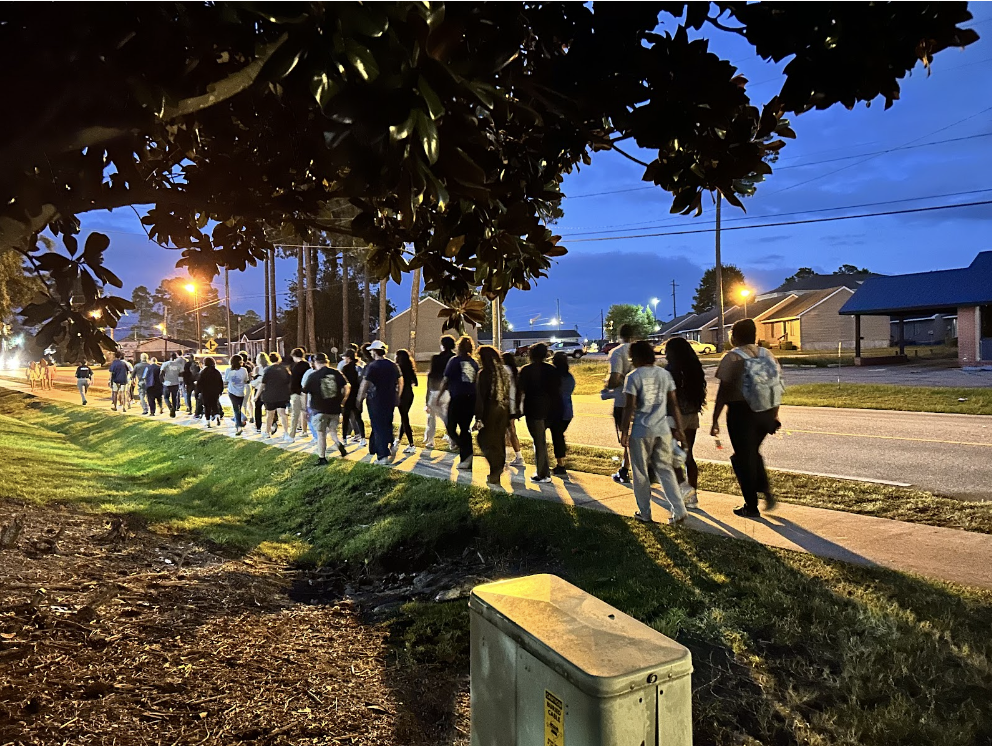Every three minutes, someone in the United States is diagnosed with blood cancer. Blood cancer is a group of cancers that impact blood and immune cells This can change the way your body produces blood and fights infection. Blood cancer is serious and often requires immediate treatment such as chemotherapy, blood products, radiation, bone marrow transplants, etc.
What are the common types of Blood Cancer?
- Leukemia– Found in the blood and bone marrow, Leukemia impacts the body’s ability to fight infections and produce vital parts of your blood, such as red blood cells and platelets.
- Acute Myeloid Leukemia (AML)
- Acute Lymphoblastic Leukemia (ALL)
- Chronic Myeloid Leukemia (CML)
- Chronic Lymphoblastic Leukemia (CLL)
- Lymphoma– Found primarily in the lymphatic system, Lymphoma multiplies in the body’s tissues and can impact the immune system.
- Hodgkin Lymphoma (HL)
- Non-Hodgkin Lymphoma (NHL)
- Myeloma– Found in plasma cells, Myeloma impacts the immune body’s ability to fight infections.
Being Diagnosed with Blood Cancer
Every person experiences blood cancer differently, so the symptoms one might experience will vary from person to person. It is also important to note that many symptoms mimic symptoms of very common infections and viruses, but if symptoms worsen or persist, it is always best to proceed with caution and see a medical professional when possible.
Common symptoms may include:
- Fever/Chills
- Fatigue, exhaustion, and malaise
- Swollen Lymph nodes
- Easy bleeding or bruising
- Night sweats
- Itching
- Petechiae (small red dots on your skin)
To diagnose blood cancer, doctors may perform blood tests, biopsies of bone marrow or potential tumors, and different scans. Every diagnosis journey is unique to the individual.
References
Blood cancers. Hematology.org. (n.d.). https://www.hematology.org/education/patients/blood-cancers
Facts and statistics overview. LLS. (n.d.). https://www.lls.org/facts-and-statistics/facts-and-statistics-overview






